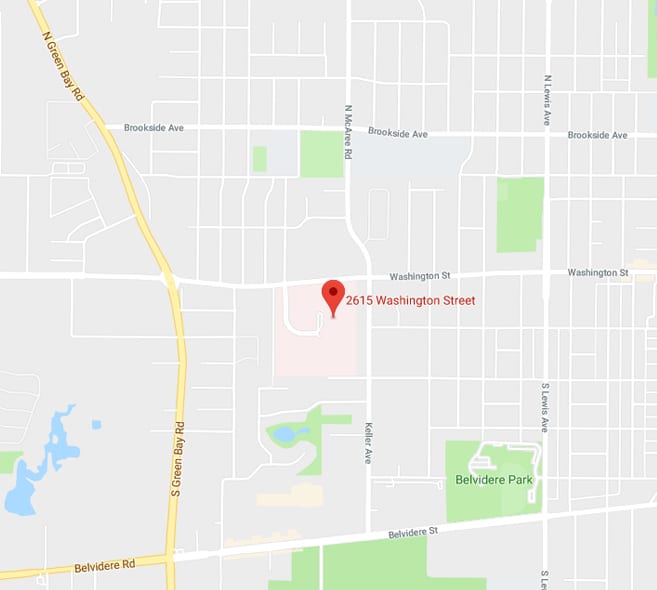In the news
Another school shooting and three children and three devoted school staff are lost. Rising anxiety and even panic among our students, of all ages, relate directly to the feelings that this can happen anywhere and at any time. Mental health problems, in general, are on the rise and these events further fuel conditions like depression and anxiety for our youth and their families.
You could not turn on the TV over the last couple of days without video of a shooter going from room to room at an elementary/middle school with a high-powered rifle. Chances are our kids didn’t miss it either; absorbing the raw fear that goes with knowing that the person was out to kill. These are high profile events with high profile impact. Whether a student was actually involved in such a catastrophic happening or not, the effects are devastating. Our youth are internalizing fear of violence and that may manifest itself in panic attacks, overall anxiety and depression. They simply don’t have the capacity, as their young brains are still developing, to see this as anything other than a direct relation to something that can imminently happen to them.
Feeling unsafe, worrying about guns in a school environment and not feeling in control of being able to prevent these actions from occurring is wearing our kids down. If we were honest, we could probably say that even as adults, this is wearing us down as well. The American Journal of Preventive Medicine uses the term, “vicarious trauma” as a means of explaining that news-related exposure to school shootings, and even just hearing people talk about them, produces the potential for long term fear, anxiety and depression.
If your child is not bouncing back after they learn of these events, be vigilant. Make sure to talk with your child about their feelings and let them process it at their own pace. Post trauma occurrences are not to be rushed. It takes time.
Young people in our country have shown increased rates of depression, anxiety and suicidality. If your child is experiencing trauma related-depression or anxiety, or has expressed unrelenting fear or suicidal thoughts, don’t hesitate to call Lake Behavioral Hospital. We can help. A free, confidential assessment will determine what level of care is the best fit for your child. Please call, (855) 990-1900.



